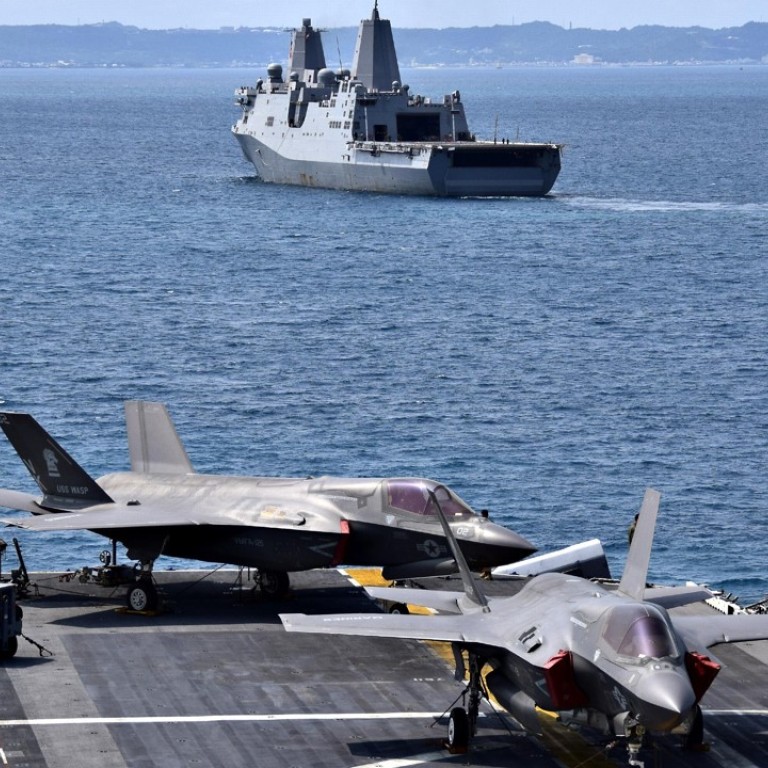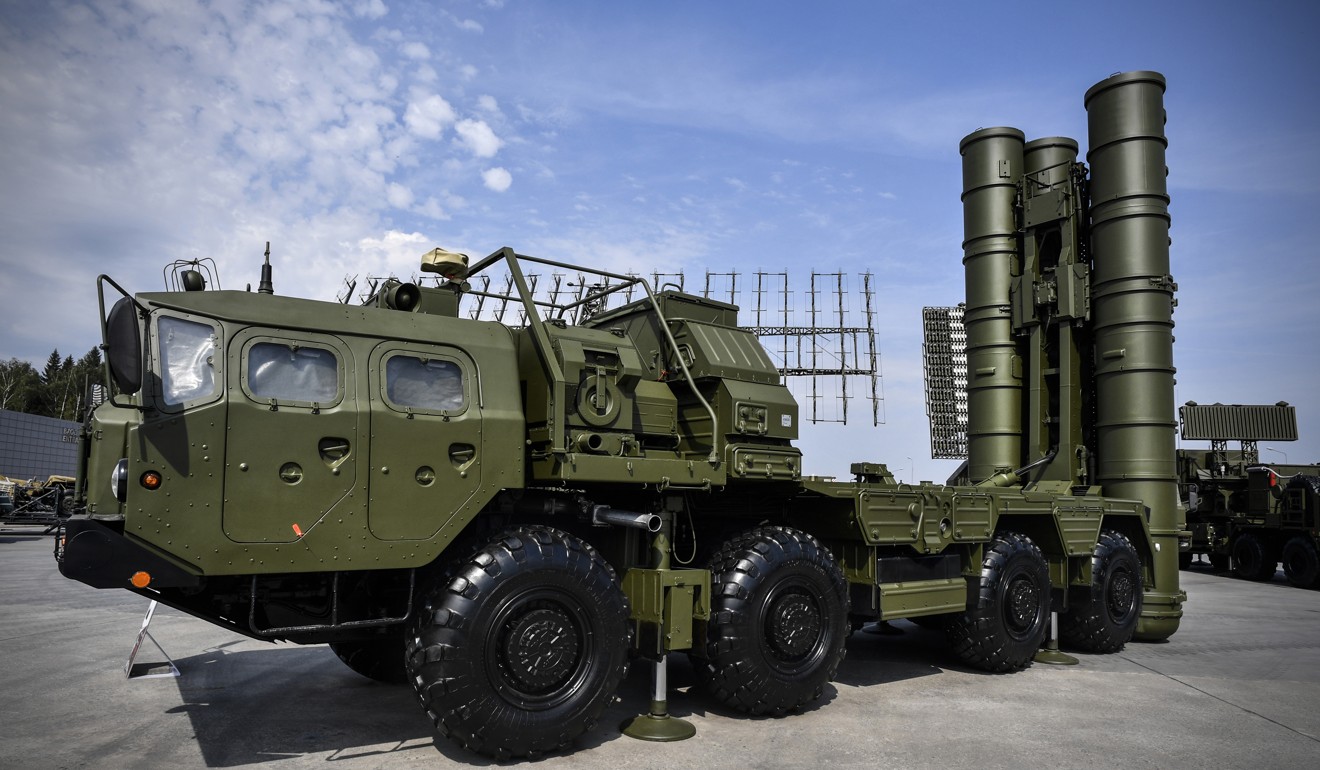
China, US military ties may be in a downward spiral ‘for a long time’
Analysts say latest tensions, coming on top of the trade war, could make it difficult to get relations between the two militaries back on track
Military relations between China and the United States are expected to remain in a downward spiral for some time, analysts say, as tensions escalate between the world’s two biggest powers.
The assessment came after China denied a request for a US warship to visit Hong Kong next month, summoned US ambassador Terry Branstad to lodge “stern representations” in Beijing, and postponed military talks that had been scheduled to be held this week.
In the past, military exchanges between the two sides have continued through diplomatic ups and downs, but the latest tensions – which come on top of the trade war – could make it difficult to get relations back on track, according to Shi Yinhong, an international relations expert at Renmin University in Beijing.
“China and the US are facing their most serious diplomatic confrontations and crisis in decades, and their military relations will be affected for a long time,” he said.

“The two militaries may want to keep up a certain level of exchanges to stop the confrontations from escalating, but there is also a possibility that the impact on military exchanges may worsen the diplomatic tension,” he added.
Both Chinese and US officials have emphasised the need for military communications to prevent clashes, especially as the two sides lock horns over a range of issues, including China’s activities in the South China Sea.
US Defence Secretary James Mattis ‘looking for way ahead’ after China scraps military talks in sanctions protest
Chinese defence minister Wei Fenghe told his US counterpart James Mattis in June that military exchanges were a stabilising factor for Sino-US relations. Mattis, who was visiting Beijing, said that the US was willing to optimise communication channels with China to improve risk management.
China and the US also agreed to set up a joint strategic dialogue mechanism in August last year, to enhance direct military communication and reduce the chance of any “miscalculations”.
But after the US State Department last week imposed sanctions on a key Chinese military unit and its director for buying fighter jets and surface-to-air missiles from Russia, communication between the two sides could falter.
In response, Beijing recalled its navy chief, Shen Jinlong, from a visit to the US, postponed military talks and rejected a port call to Hong Kong by US warship the USS Wasp.
The sanctions were announced as China and the United States are locked in a tit-for-tat trade war, with both sides imposing tariffs on each other’s goods and trade negotiations suspended.
China denies request for Hong Kong port call by American warship
In 2016, China denied a request for a US carrier strike group led by the USS John C Stennis to visit Hong Kong during heightened tensions over the South China Sea.
Beijing-based military expert Li Jie said that while the People’s Liberation Army would not take any provocative action against the US, it would not bow to pressure either.
“China’s military will come up with countermeasures if the Trump administration hits China with more sanctions,” Li said.

